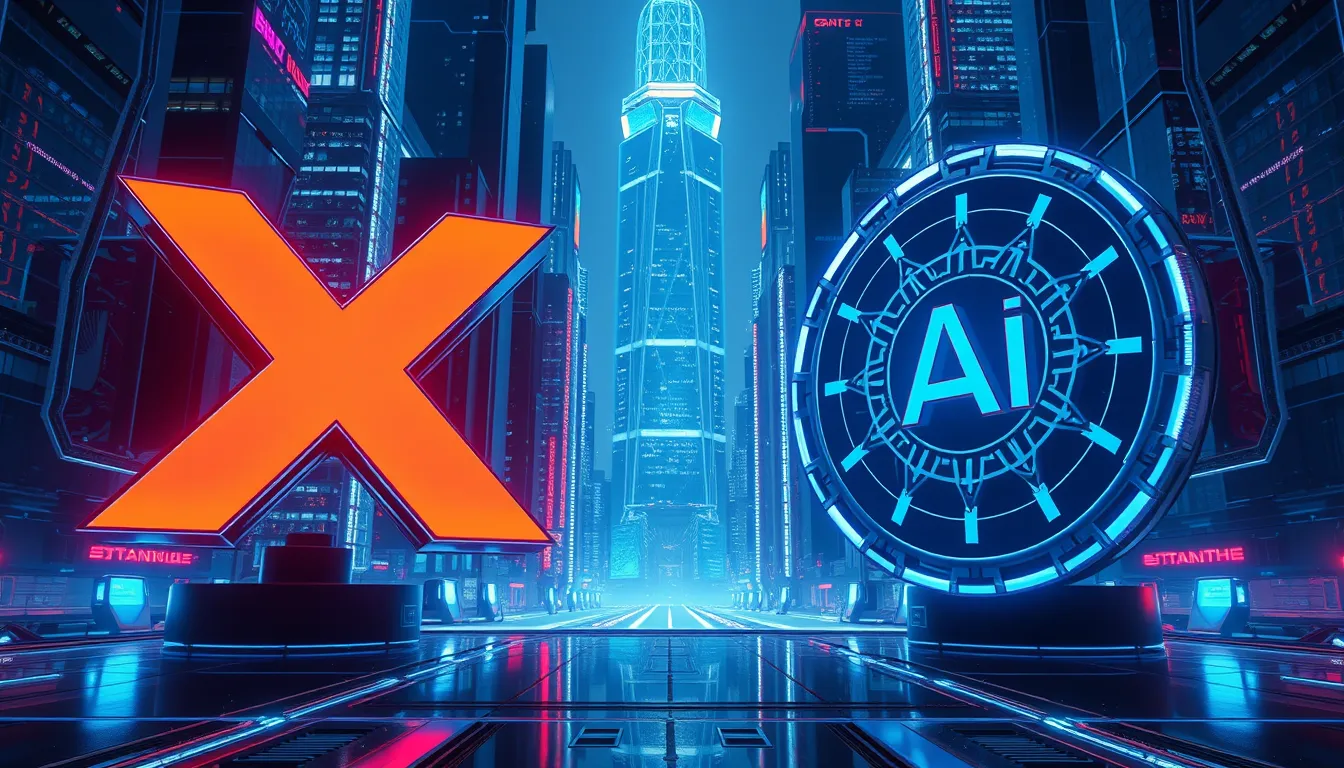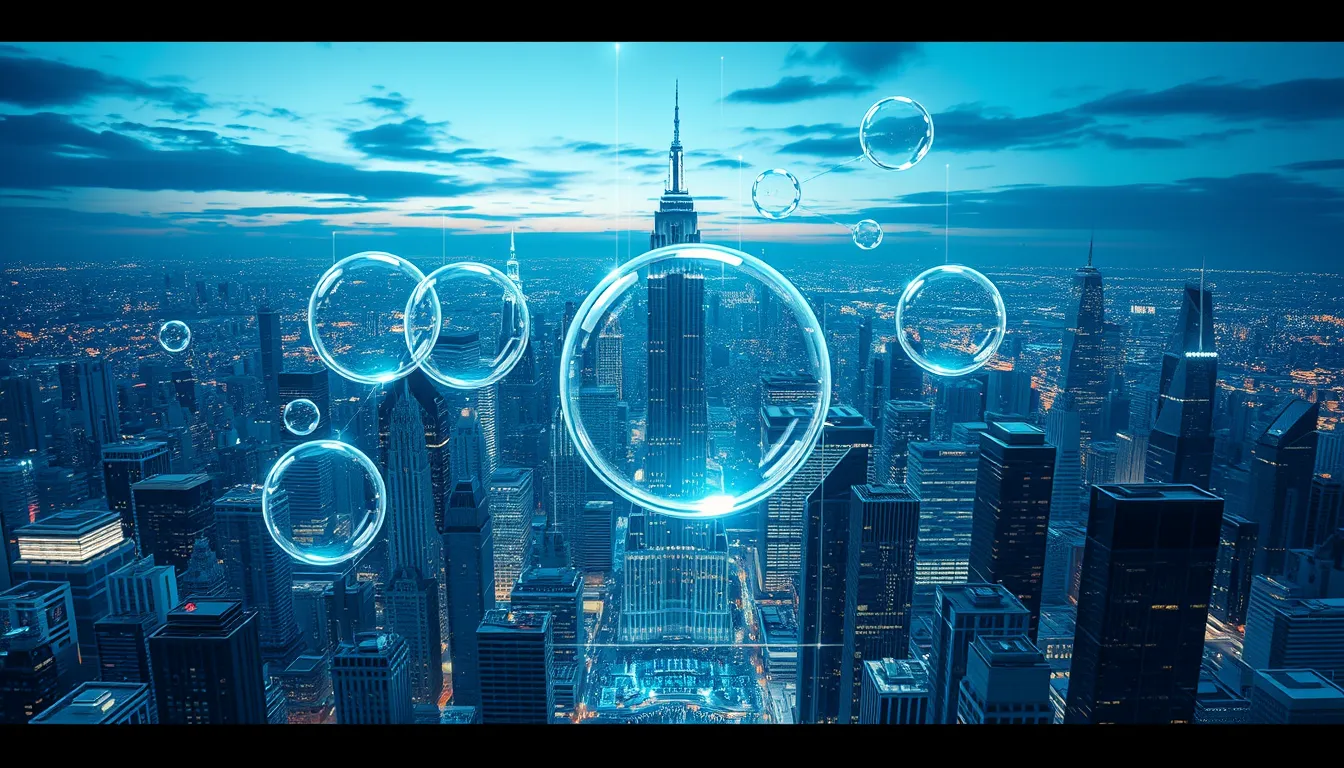Now Reading: High-Stakes AI Lawsuit: Apple & OpenAI Under Scrutiny
-
01
High-Stakes AI Lawsuit: Apple & OpenAI Under Scrutiny
High-Stakes AI Lawsuit: Apple & OpenAI Under Scrutiny

High-Stakes AI Lawsuit: Apple & OpenAI Under Scrutiny
Introduction
In a rapidly evolving tech landscape, the ongoing AI lawsuit is capturing headlines and igniting debates across legal and technology circles. This legal battle, involving major players such as Apple (visit https://www.apple.com) and OpenAI (visit https://www.openai.com), highlights accusations of monopolistic practices that potentially stifle innovation and competition. The lawsuit over monopolistic control in AI claims that dominant corporations are leveraging their power to maintain closed ecosystems and restrictive licensing practices. This article explores the key elements of the case, the implications for the tech industry, and potential shifts in antitrust regulation.
Detailed Examination of the Case
The AI lawsuit primarily alleges that Apple and OpenAI have engaged in practices that funnel market power into the hands of a few select incumbents. Legal experts argue that these strategies, including a closed ecosystem and selective licensing, have created significant barriers for emerging startups. The plaintiffs assert that such actions are designed to protect a narrow group of major players, ensuring that newcomers are effectively sidelined.
Key Allegations:
- Apple’s closed ecosystem limits interoperability and access to critical tools.
- OpenAI is accused of implementing restrictive measures that prevent broad market participation.
- The overall strategy allegedly reduces competition, potentially hindering technological breakthroughs and innovation.
This deep dive into the AI lawsuit reveals that these monopolistic practices could have substantial regulatory ramifications. By focusing on the details of the lawsuit over monopolistic control in AI, this legal battle is positioning itself as a bellwether for future antitrust interventions in the tech industry.
Involvement of Apple and OpenAI
Early mentions in the legal documents and media reports emphasize the significant roles of Apple and OpenAI in this case. The Apple and OpenAI lawsuit aspect is drawing considerable attention, as these companies are seen as pillars of innovation in their respective fields. Apple, renowned for its tightly controlled ecosystem, and OpenAI, a leader in artificial intelligence, are now under scrutiny for practices that some claim limit fair competition.
By bringing these tech giants into the courtroom spotlight, the case reinforces the narrative that current market dominance might lead to unfair practices. The AI lawsuit is not just a singular legal action—it’s a litmus test for how antitrust laws might be applied to modern tech companies in the future.
Legal Implications and Industry Ramifications
The implications of the AI lawsuit stretch far beyond the courtroom. Should the allegations of monopolistic behavior be proven, the case could trigger a wave of regulatory reforms aimed at dismantling closed ecosystems and promoting more open market practices. Legal analysts predict that the outcome of this case might set a new precedent for evaluating selective licensing and restrictive operational policies in the tech industry.
Potential outcomes include:
- Stricter antitrust regulations targeting monopolistic practices in the tech sector.
- Increased competitiveness where smaller startups gain better access to technological resources.
- A potential rebalancing of market power, leading to more democratic innovation pipelines.
Expert Opinions and Broader Impact
Legal experts and industry insiders have weighed in on the potential consequences of the AI lawsuit. Many believe that if the claims hold true, this legal decision could spur a shift towards fundamentally more open market practices. The case brings into sharp focus the balance between maintaining quality and security in digital ecosystems and ensuring fair competition. Critics of the current practices argue that innovation is hampered when only a handful of companies control key resources and technologies.
Moreover, public policy advocates argue that a ruling in favor of the plaintiffs could catalyze reforms that benefit consumers, by promoting greater choice and reducing the risks associated with monopolistic control. This change might also motivate other regulatory bodies to take decisive action against similar practices in related sectors.
Dissecting the Monopolistic Control Narrative
One of the central pillars of the lawsuit is the allegation of monopolistic control in AI. The plaintiffs not only point to the evidence of restrictive practices but also highlight the broader impact on the technology landscape. Such monopolistic practices can lead to the following challenges:
- Reduced innovation due to the concentration of market power.
- Limited consumer choices as dominant players prioritize their ecosystems.
- Potential delays in technological advancements due to restricted competition.
The arguments presented in this legal fight have sparked discussions in legal forums and academic circles alike. Scholars urge regulators to scrutinize such practices more closely, as unchecked monopolistic control could lead to long-term stagnation in one of the world’s most innovative industries.
Conclusion
In conclusion, the current AI lawsuit represents a watershed moment for the technology sector. With allegations centered around monopolistic control and restrictive practices, the case is set to challenge long-standing norms in the industry. As the legal battle unfolds, the outcome will be watched closely by companies, regulators, and innovators alike.
The stakes are high—not only for Apple and OpenAI but potentially for all major tech companies that operate under similar practices. By addressing the lawsuit over monopolistic control in AI, regulators and legal authorities have the opportunity to reshape the competitive dynamics, ultimately fostering a market environment where innovation and fair competition are the norms.
As the proceedings continue, it remains clear that this AI lawsuit is more than just a legal case; it is a critical juncture in determining the future regulatory landscape of the tech industry. The discussion surrounding monopolistic practices and antitrust regulations will likely persist, influencing policy decisions and industry standards for years to come.
With both sides preparing for what could be a lengthy trial, stakeholders across the tech ecosystem are bracing for consequences that may permanently alter the balance of power. Whether this transforming legal journey ultimately leads to a more open market or reinforces existing structures, it undeniably marks a significant moment in the ongoing dialogue about fairness in the digital age.

























